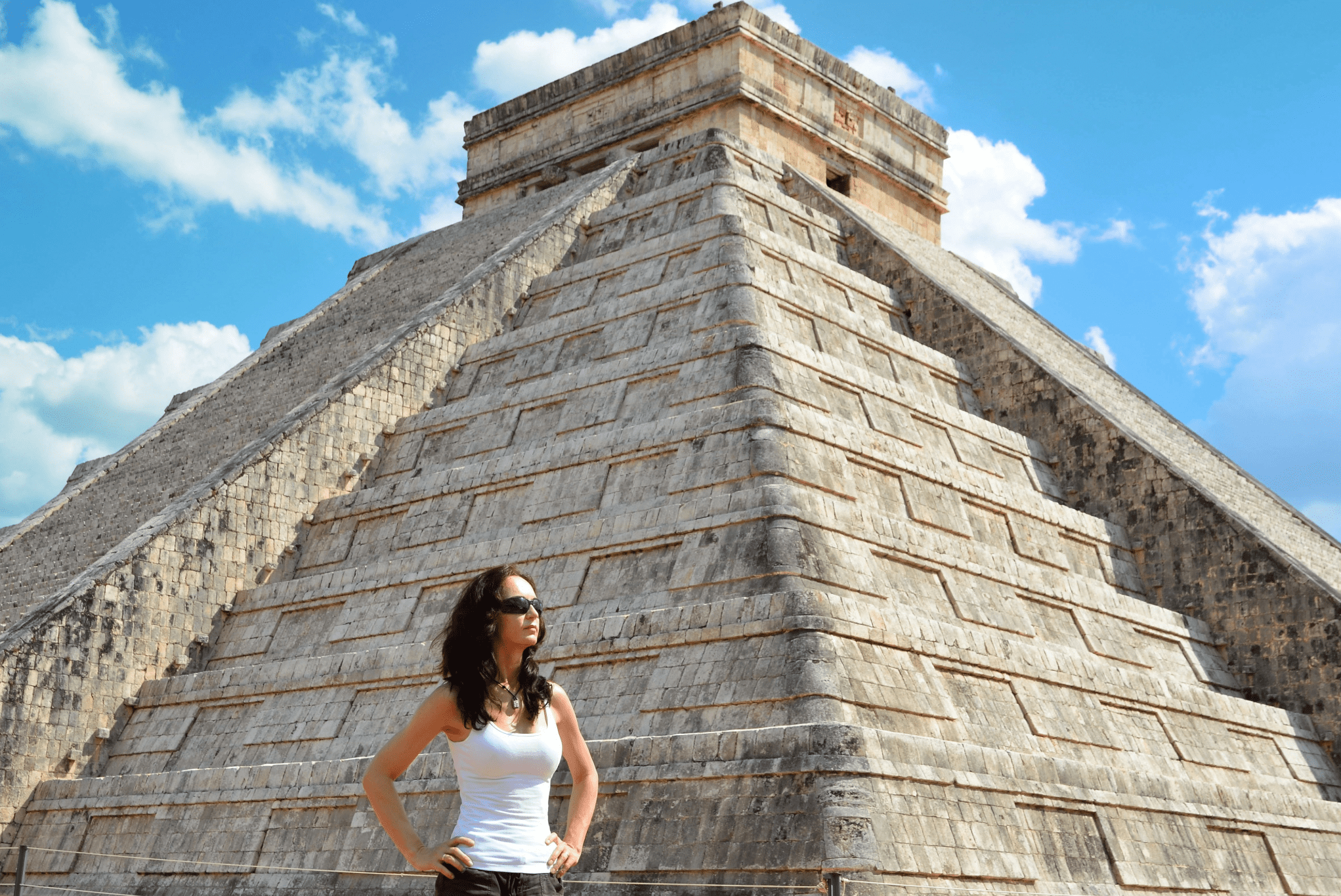 The ancient city of Chichen Itza is one of the most iconic archaeological sites in the world and an essential destination for anyone visiting the Yucatan Peninsula in Mexico. As a UNESCO World Heritage Site and one of the New Seven Wonders of the World, it offers incredible insights into the Mayan civilization, its advanced architecture, and its deep-rooted spirituality. Here’s a comprehensive guide to everything you need to know before visiting Chichen Itza.
The ancient city of Chichen Itza is one of the most iconic archaeological sites in the world and an essential destination for anyone visiting the Yucatan Peninsula in Mexico. As a UNESCO World Heritage Site and one of the New Seven Wonders of the World, it offers incredible insights into the Mayan civilization, its advanced architecture, and its deep-rooted spirituality. Here’s a comprehensive guide to everything you need to know before visiting Chichen Itza.
Chichen Itza was established around the 6th century and became one of the most significant Mayan cities. The site was a thriving economic, political, and religious center during its peak, attracting people from all across Mesoamerica. The city combines elements from different architectural styles, reflecting both the Maya and Toltec influences. The most famous structure, El Castillo (or the Temple of Kukulkan), is a testament to the advanced knowledge the Mayans had of mathematics and astronomy.
The site is open year-round, but the best times to visit are during the dry season (November to April) when temperatures are milder. Early mornings are ideal, as the site opens at 8:00 AM, and you’ll have a better chance of avoiding large crowds and midday heat. The afternoons are also cooler, but the site can get crowded as tour groups arrive.
Visiting on March 20-21 or September 21-22 during the equinox is especially popular, as the sun creates a shadow along El Castillo’s staircase, forming an illusion of a serpent descending the pyramid, a symbolic tribute to the feathered serpent god, Kukulkan.
Chichen Itza is about 2-3 hours by car from Cancun, Playa del Carmen, or Tulum. Here are the main transportation options:
As of 2024, admission to Chichen Itza costs $614 MXN (around $30 USD) for foreign visitors. This fee includes access to the main site and parking. Tickets can be purchased online or at the entrance. The site is open daily from 8:00 AM to 5:00 PM, with the last entrance at 4:00 PM. Arriving early or purchasing tickets in advance can help you avoid long lines.
Chichen Itza covers over 740 acres and features numerous structures, each with its unique history and purpose. Here are the highlights:
El Castillo (The Temple of Kukulkan)
El Castillo is the most recognized structure in Chichen Itza, a 30-meter pyramid that serves as a calendar. Each of its four sides has 91 steps, and with the top platform, it totals 365, symbolizing the days of the year. The pyramid is aligned with the equinox, creating the famous “serpent” shadow effect.
The Great Ball Court
At 168 meters in length, this is the largest ball court in ancient Mesoamerica. The acoustics are impressive; sound travels seamlessly from one end of the court to the other. The ball game had a ritual significance, with reliefs on the walls depicting players and possible sacrificial events.
This structure features a large complex with a central temple and hundreds of columns, symbolizing the warriors who protected the city. The columns are carved with images of warriors, and it is believed to have been a ceremonial site for military or political gatherings.
El Caracol (The Observatory)
El Caracol, or the Observatory, is a circular structure that shows the Mayans’ deep understanding of astronomy. Its windows are aligned with different astronomical events, allowing the Mayans to observe celestial bodies and seasonal changes.
This natural sinkhole was a key part of Mayan rituals, as it was believed to be a gateway to the underworld. Archaeologists have found offerings and remains in the cenote, indicating its significance as a site for sacrifices and ceremonies dedicated to the gods.
Bring Sun Protection and Comfortable Clothing
Chichen Itza can get hot, especially during midday. Wear lightweight, breathable clothing, bring a hat, sunglasses, and plenty of sunscreen. Comfortable walking shoes are a must, as the site requires a lot of walking on uneven terrain.
Stay Hydrated
Bring a water bottle, as the site is large and there are limited shaded areas. Staying hydrated is essential, especially if you’re visiting during hotter months.
Consider Hiring a Guide
Hiring a local guide at the entrance can enrich your experience by providing historical and cultural context. Many guides speak English and can share fascinating insights about the Mayan culture, rituals, and architectural techniques.
Explore Nearby Cenotes
After visiting the ruins, cool off by exploring nearby cenotes like Cenote Ik Kil or Cenote Suytun. These natural pools offer a refreshing break and a chance to experience a unique part of the Yucatan’s geography.
Photography Etiquette
While photography is encouraged, climbing the structures is strictly prohibited to preserve them. Be respectful of the site, as it holds both historical and sacred significance for the local Mayan communities.
Chichen Itza is a sacred site for the local Maya, so be respectful of the area’s cultural importance. The site is still visited by Maya who come to honor their ancestors, so treat it as a historical and spiritual location. Avoid littering, follow signs, and respect restricted areas.
Visiting Chichen Itza offers a remarkable glimpse into the architectural brilliance and cultural depth of the ancient Maya civilization. With careful planning and respect for this historical site, your visit to Chichen Itza can be both memorable and meaningful. From the awe-inspiring El Castillo to the mystique of the Sacred Cenote, Chichen Itza holds endless wonders waiting to be explored.